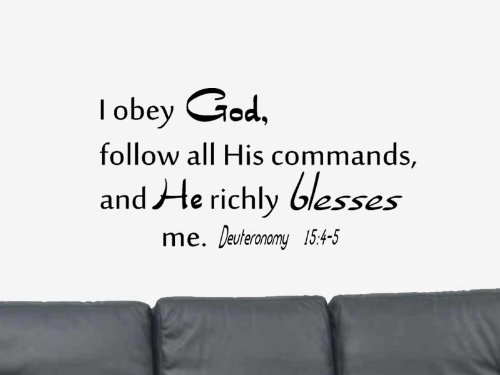Jesus spoke about the final judgment that awaits us—it is an inevitable event. With this final judgment, we are reminded of our purpose here on earth. How have we endeavored to advance God’s Kingdom? How have we played the part of the prophet in the marketplace? What have we contributed to society?
34 Then the king will say to those at his right hand, ‘Come, you that are blessed by my Father, inherit the kingdom prepared for you from the foundation of the world; 35 for I was hungry and you gave me food, I was thirsty and you gave me something to drink, I was a stranger and you welcomed me, 36 I was naked and you gave me clothing, I was sick and you took care of me, I was in prison and you visited me.’ 37 Then the righteous will answer him, ‘Lord, when was it that we saw you hungry and gave you food, or thirsty and gave you something to drink? 38 And when was it that we saw you a stranger and welcomed you, or naked and gave you clothing? 39 And when was it that we saw you sick or in prison and visited you?’ 40 And the king will answer them, ‘Truly I tell you, just as you did it to one of the least of these who are members of my family, you did it to me (Matthew 25:34-40, NRSV).
In his book Am I Still My Brother’s Keeper: Biblical Perspective On Poverty, Robert Wafawanaka highlights how Deuteronomy 15:4 envisions ancient Israel’s response to poverty. In this passage, Moses argues that there should be no poor among the Israelites because if the people are obedient to the Law of God, then the poor would not have existed. The premise is that community members are bound to take care of the needy members in society. This vision may seem idealistic, but it is true that it could have eliminated poverty among the Israelites if they all obeyed the Lord’s statutes.
4 There will, however, be no one in need among you, because the Lord is sure to bless you in the land that the Lord your God is giving you as a possession to occupy, 5 if only you will obey the Lord your God by diligently observing this entire commandment that I command you today. (Deuteronomy 15:4-5 NRSV)
Poverty is a problem that has persisted over time because people have continued to disobey God’s commandments. In Deuteronomy, Moses reveals that if disobedience is present in people, the poverty will never cease to exist out in the land, “Since there will never cease to be some in need on the earth, I therefore command you, “Open your hand to the poor and needy neighbor in your land” (Dt. 15:11 NRSV). Poverty in Israel could only be solved if every Israelite would obey the Lord’s call to alleviate the plight of the poor. The bible mandates the believers to care for the poor; caring for the poor was ingrained in the cultures of Babylon, Canaan, and Egypt—these are cultures which influenced the Israelite way of life.
Studying the Word of God is about equipping yourself to live out in practical ways the standard of the Bible. Archbishop Jordan’s book, Prophet in the Marketplace is now available exclusively via the Book of the Month Club.
Not only does the Book of the Month Club provide a pathway to knowledge, wisdom and insight, it also sets you up to be in attendance at the Spring Session of Prophecology 2018: Birthing House: The Latter Rain, February 23-25, 2018.
Go to and join the club now!
How do you think poverty connects with disobedience?

